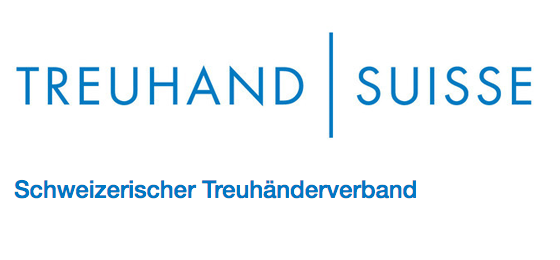
Ecovis in Switzerland
Tax advisors, accountants, auditors, lawyers and fiduciaries in Zurich and Lucerne
ECOVIS offers in Switzerland the whole range of services of the ECOVIS-Group: tax and legal advice, finance and accounting, auditing and management consulting. Our consulting team counts over 40 members, including attorneys, tax experts, fiduciary experts, auditors, other employees with a higher professional education and assistants.

Treuhand Suisse Member
TREUHAND|SUISSE is the most important association in Switzerland of fiduciary professionals who are primarily involved in advising small and medium-sized enterprises and private individuals.
www.treuhandsuisse.ch










